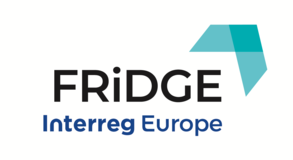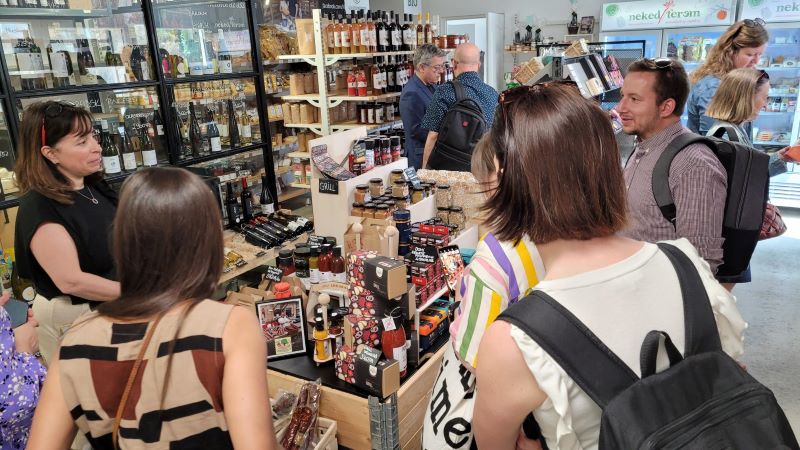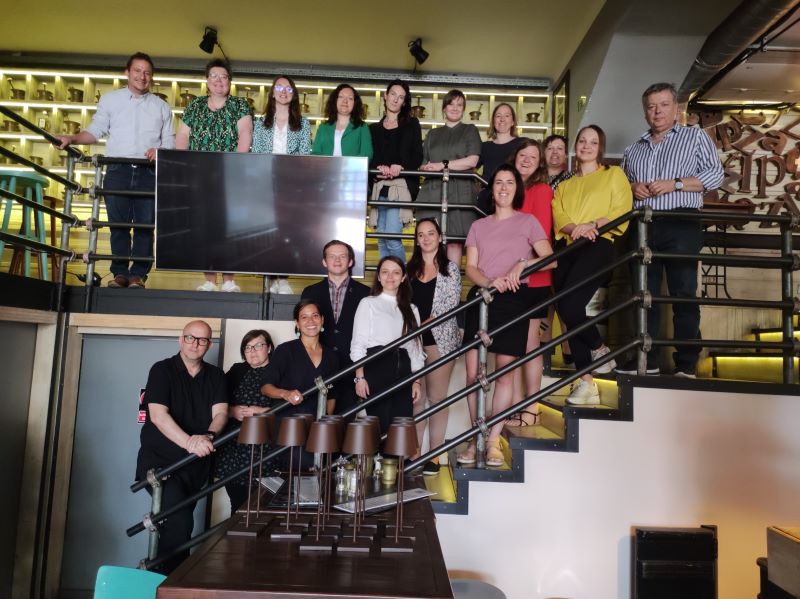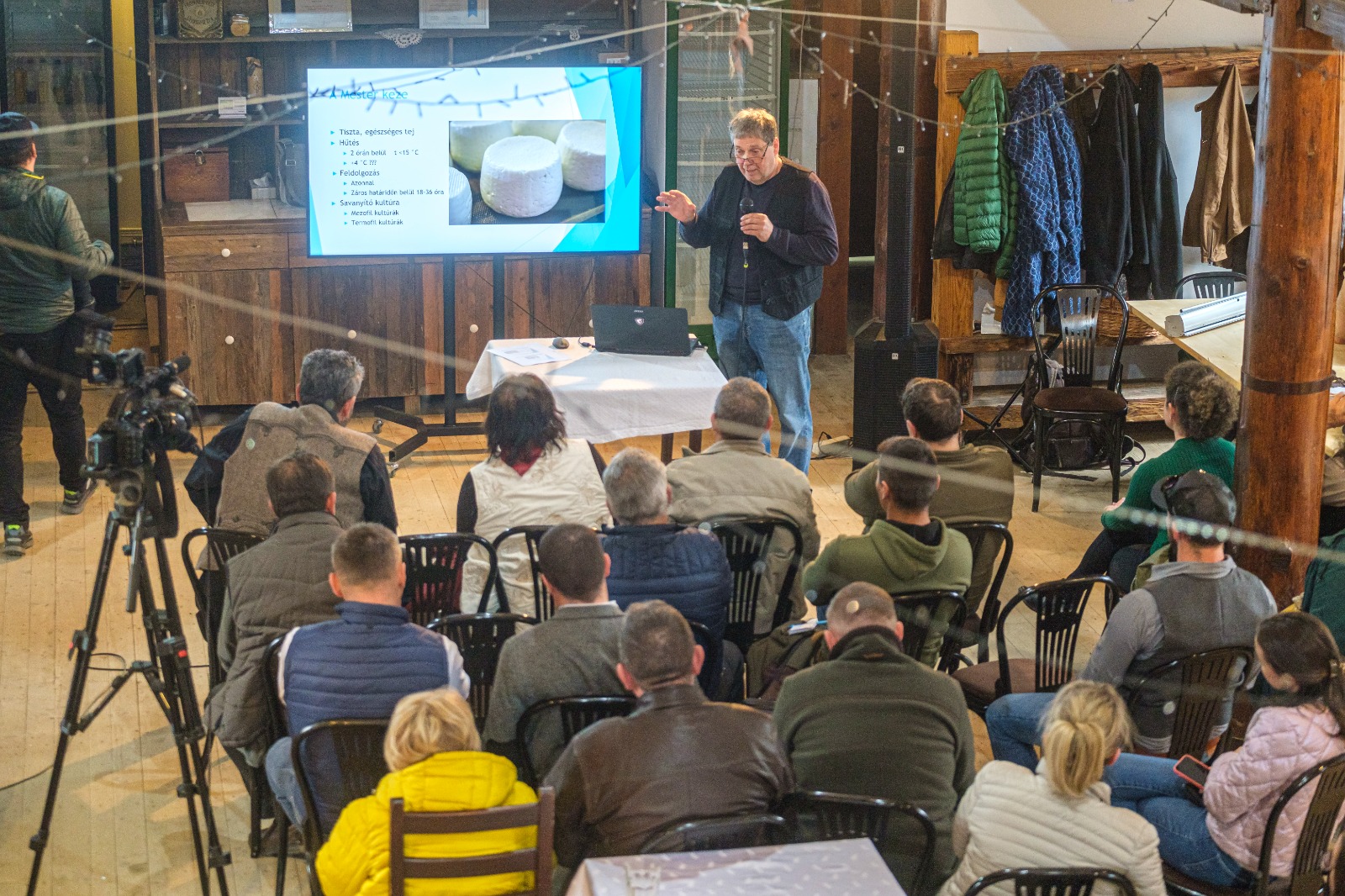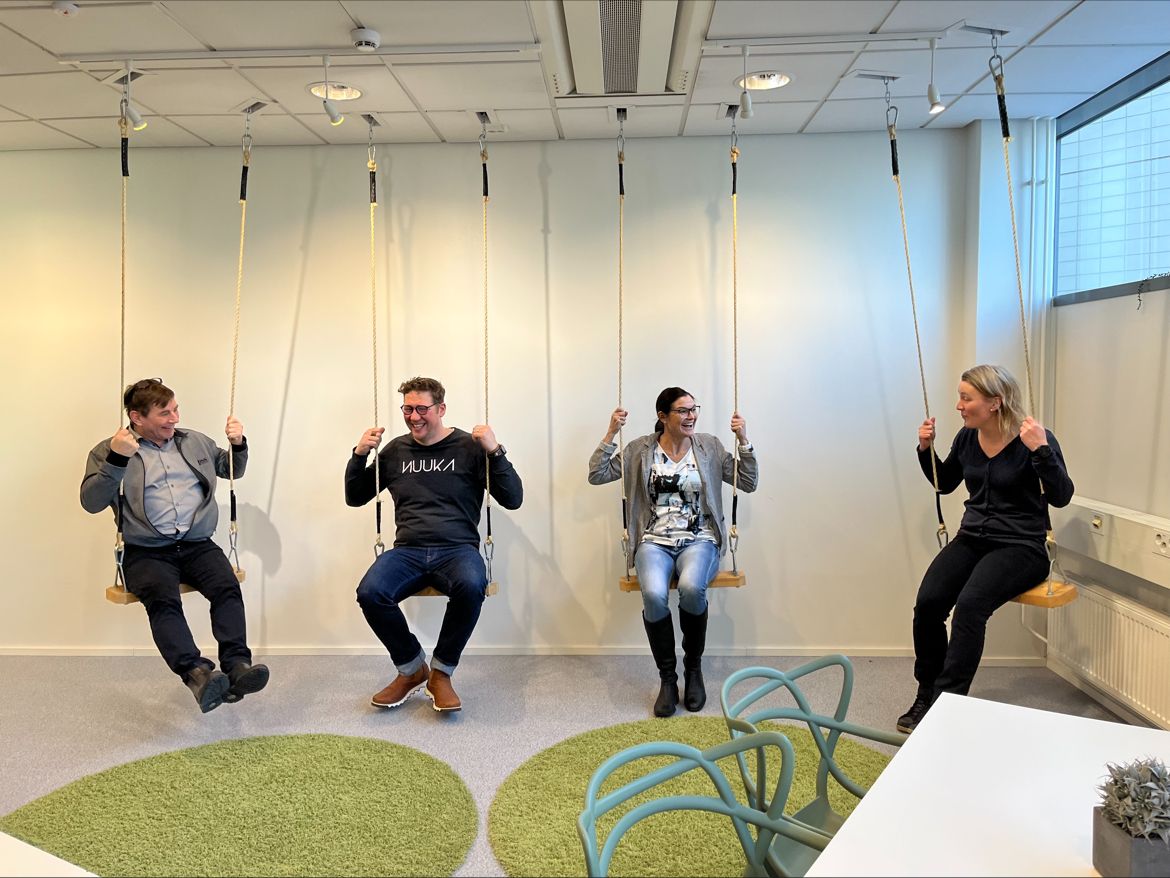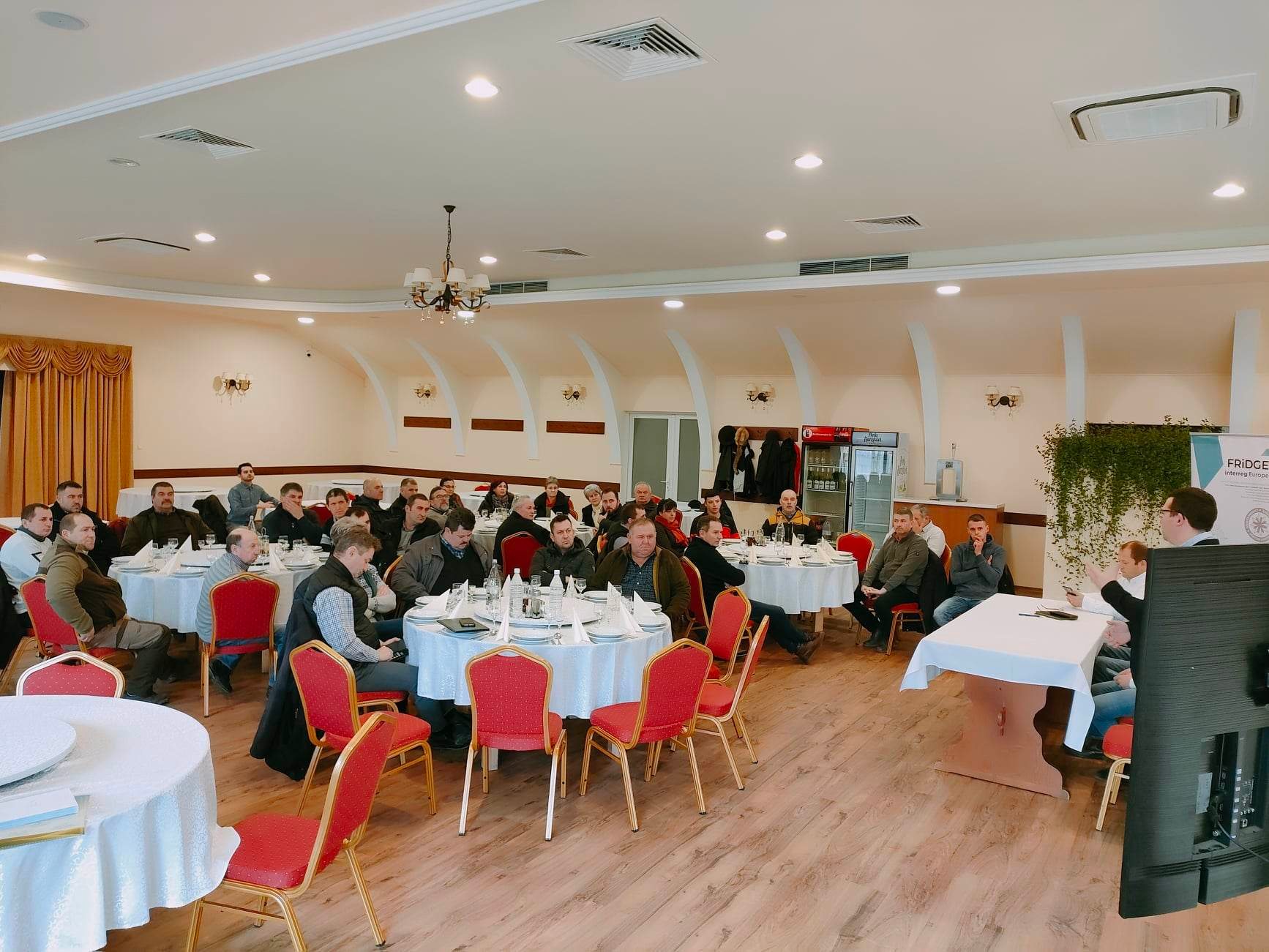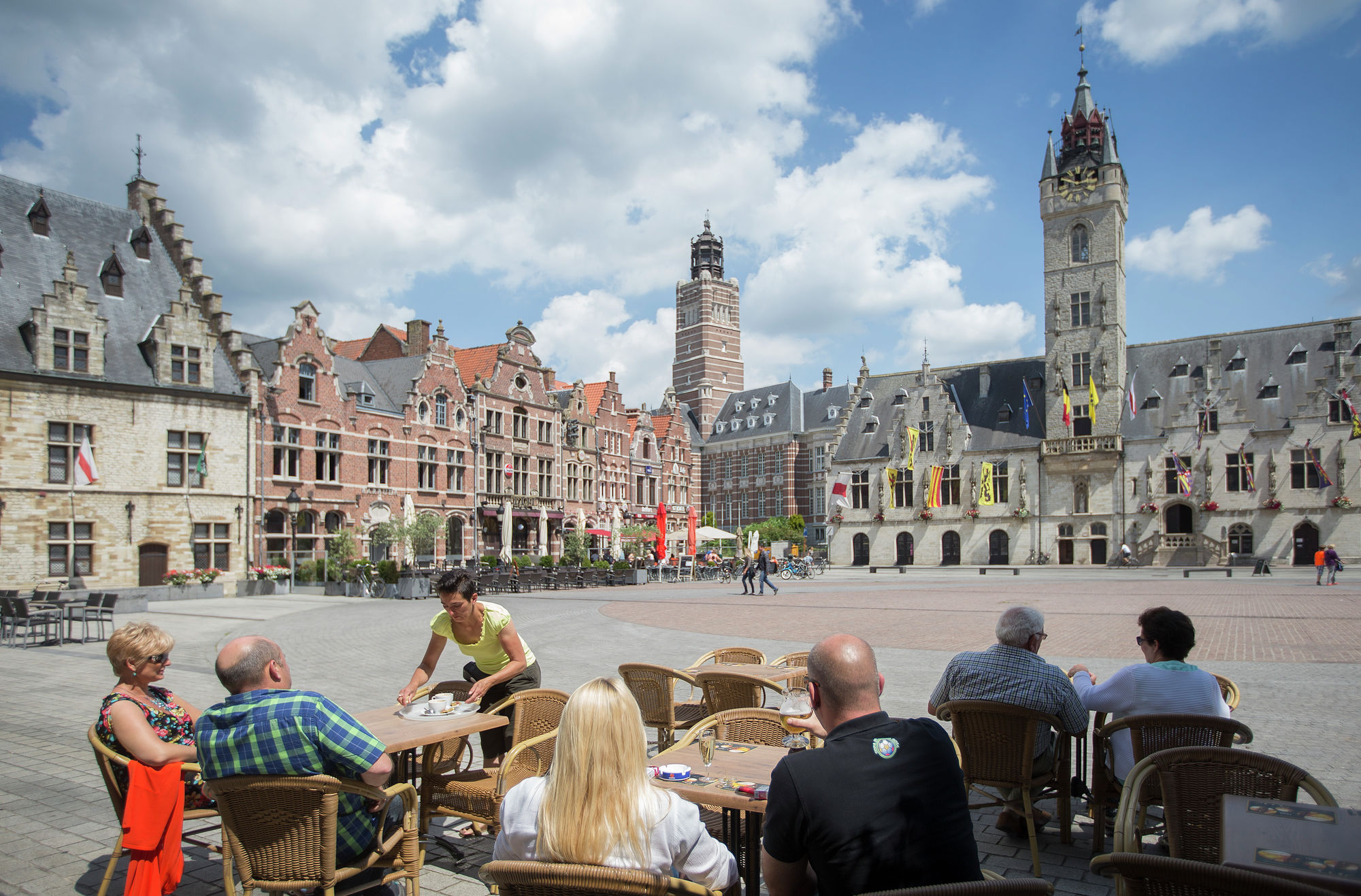Improving policies in Hungary
Participating in an Interreg Europe project is ultimately about improving public policies on a given topic. ERDF-funded policies are a tough nut to crack. They are developed involving a large spectrum of stakeholders, so ideally they are quite well-tailored for tackling specific problems and more often than not already contain interregional experiences, Good Practices to some extent. Still, our work is very important here, having a direct interregional bridge between us, our stakeholder groups and our counterparts in other regions leads to an intensive exchange of experience that helps us reflect on what we would like to do. This is the basis for our Action Plan in Hungary.
Our Policy Instrument, the Economic Development and Innovation Operational Programme – as the name suggests – offers support to various investments made by SMEs, ranging from innovation, energy, technologies, etc. It does not necessarily focus on a specific sector. Based on responses from the sector, a call for applications was launched before FRIDGE started. This was aimed to assist food industry SMEs specifically in building new capacities, introducing new technologies and production methods, renovating buildings, etc. The food industry in Hungary is very much lacking in capital, and they are in dire need of investments so they can provide healthy products. Fortunately, many projects were supported by this call and many companies could improve their facilities.
Territorial needs
Supported by the findings of our project outputs such as the SME survey, and the Self-assessment of Regional Policies and inspired by Good Practices such as the Food Pilot and the Competitiveness Toolbox (presented to us by another Interreg Europe project called SCALE UP); also building on discussions with our stakeholders it seemed that despite all the new technologies and machinery improvements, the people using these should also be supported with training and advisory services. Especially seeing the numbers in Belgium, how many companies enlisted the help of ILVO in their endeavours to develop new projects, or similarly, how Foodwest Ltd. is virtually assisting in many aspects of production. Both examples are very exciting and assured us that this would be a very useful approach and addition to our Policy Instrument.
Improvement
It was a very logical next step considering the history of the Action Plan. Our recommendation was based on an exchange of information related to the new call, it was to include verified advisory and training services into the new call as an optional activity that can be supported by the policy instrument.
The Managing Authority of the Policy Instrument was open to our idea as luckily, there were other calls that successfully included these actions in a similar fashion, and a list of verified service providers already existed. Building upon the results of FRIDGE the necessity of this addition was validated based on the SME survey showing that training is a well-founded activity that should be supported by the call for applications.
Our Action has already been realized in a new call that launched in early 2021. We only had a very short time window to connect the dots and fortunately, we were in the right place at the right time. Most of the projects were already implemented, but we don’t yet know the final numbers, how many of the applicants actually took advantage of the possibility of advisory and training services, but we do hope that these kinds of activities will be included in the future calls of future Policy Instruments as well.
You can find the full Action Plan of Tolna County here: Action Plan of Tolna County.
